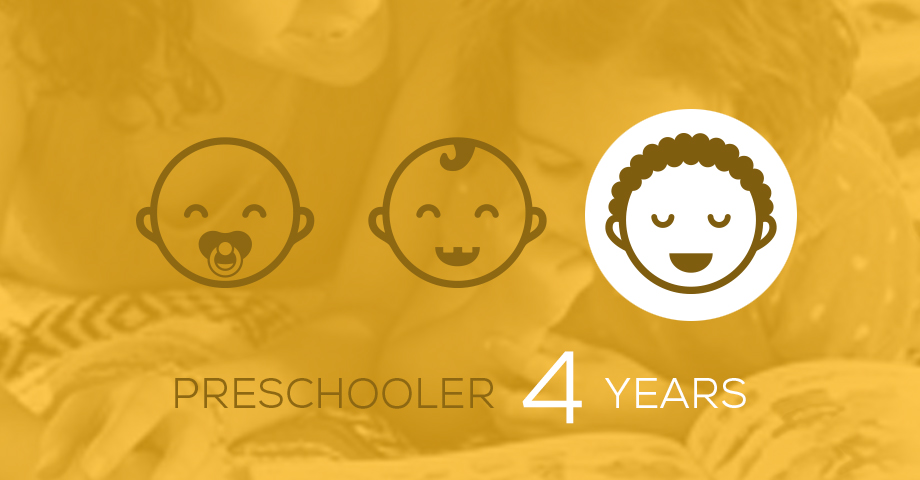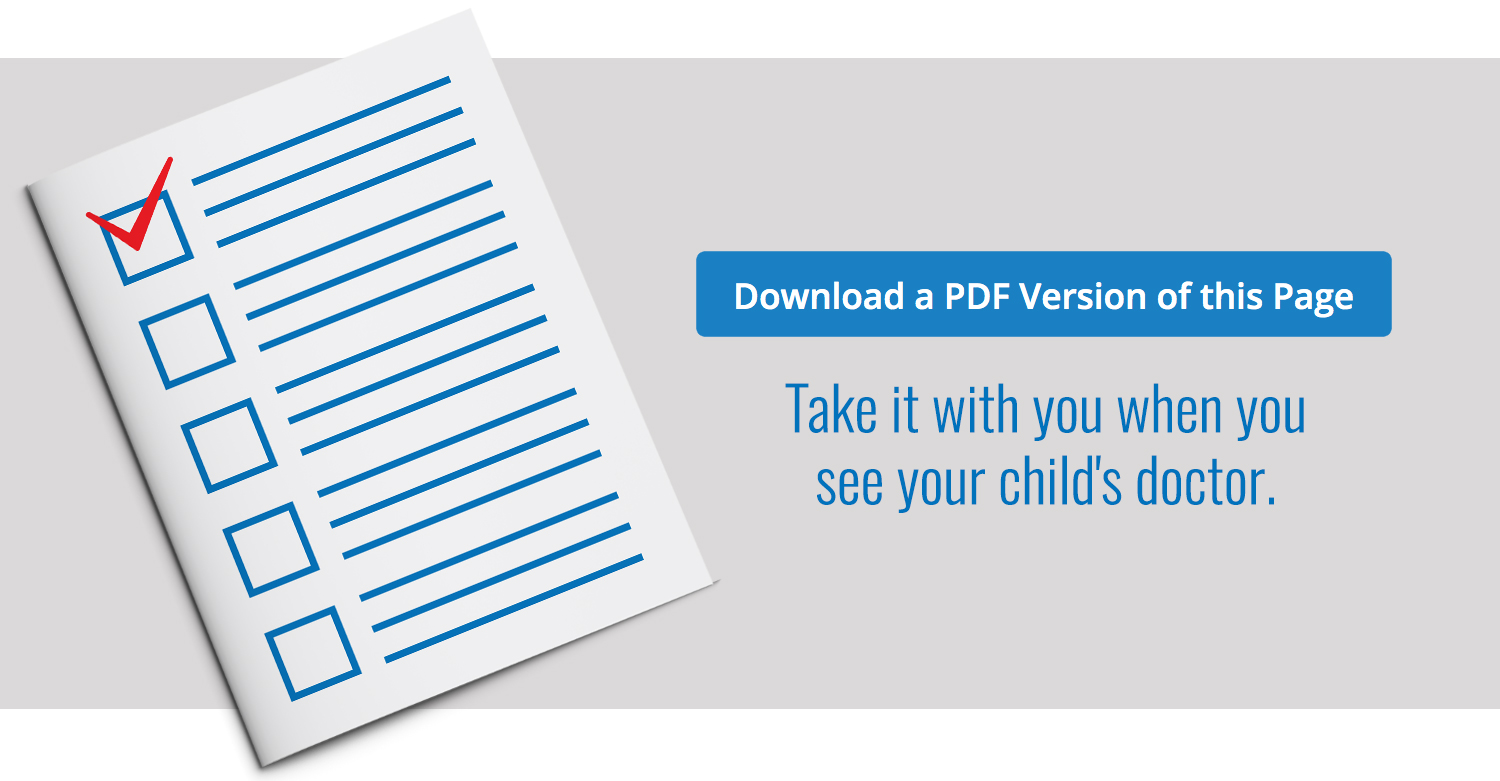
How your child plays, learns, speaks, acts and moves offers important clues about your child’s development. Developmental milestones are the things most children (75% or more) can do by a certain age.
Check the milestones your child has reached by 4 years old, and talk with your child’s doctor at every visit about the milestones your child has reached and what to expect next.

What Most Children Do at This Age:
Social / Emotional
- Social/Emotional Milestones
- Pretends to be something else during play (teacher, superhero, dog)
- Asks to go play with children if none are around, like “Can I play with Alex?”
- Comforts others who are hurt or sad, like hugging a crying friend
- Avoids danger, like not jumping from tall heights at the playground
- Likes to be a “helper”
- Changes behavior based on where she is (place of worship, library, playground)
Language / Communication
- Says sentences with four or more words
- Says some words from a song, story, or nursery rhyme
- Talks about at least one thing that happened during his day, like “I played soccer.”
- Answers simple questions like “What is a coat for?” or “What is a crayon for?”
Cognitive (learning, thinking, problem-solving)
- Names a few colors of items
- Tells what comes next in a well-known story
- Draws a person with three or more body parts
Movement / Physical Development
- Catches a large ball most of the time
- Serves himself food or pours water, with adult supervision
- Unbuttons some buttons
- Holds crayon or pencil between fingers and thumb (not a fist)
Other Important Things to Share with the Doctor |
||
|
||
Concerned about your child’s development?
You know your child best. Don’t wait. If your child is not meeting one or more milestones, has lost skills he or she once had, or you have other concerns, act early. Talk with your child’s doctor, share your concerns, and ask about developmental screening.
If you or the doctor are still concerned:
- Ask for a referral to a specialist who can evaluate your child more; and
- Call your state or territory’s early intervention program to find out if your child can get services to help. Learn more and find the number at cdc.gov/FindEI.
For more on how to help your child, visit cdc.gov/Concerned.
Help Your Child Learn and Grow.
Content provided by the Centers for Disease Control and Prevention’s “Learn the Signs. Act Early.” material and are not a substitute for a standardized, validated developmental screening tool.



